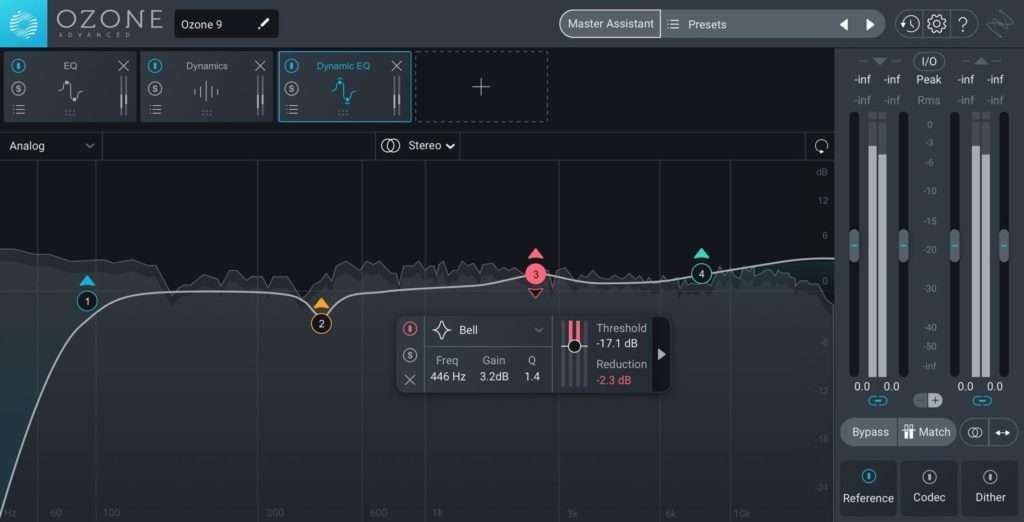
In music production you’ll often hear the word “effects” being tossed around and you may not know what it actually means.
Audio effects are software or hardware tools that are used to manipulate audio. Sound engineers run audio through them in order to either alter sound or completely change it.
This is done to make the audio intentionally different.
In the world of music production, Audio effects are heavily relied upon in almost every process of music production,
therefore it is really important that a producer know how use effects and when to use said effects.
Types of Effects
Modulation Effects
Modulation effects modify the sound by adding a time delayed version of the sound to itself and then varying the magnitude of that delay over time.
The cool thing about modulation is that it basically uses this process to create a range of different sounds.
What determines the product of a modulation effect is the Delay in milliseconds,
how quickly its variation is, how it varies (forexample; changing smoothly or jumping randomly) and finally how many delayed versions of a sound are added back.
The combination of different of the above determinants of modulation can produce various sounds including:
Vibrato – This is a slight variation in pitch.
Wah – This effect is basically a spectral glide.
Echo – This is a repetition of a sound a few moments after it originally plays.
Chorus – This makes one sound basically sound like many.
Time based effects
Time based effects are effects that alter the timing of an audio signal which can basically create short or long bursts of sound.
In short any effect that utilizes manipulation of time is a time based effect.
The most common time based manipulation results are:
Phasing – Phasing occurs when two waves are out of phase.
Flanging – Like a phaser, a flanger simply creates a copy of the audio and delays it.
Pitch effects
These effects basically modify the pitch of audio by adding more frequencies to the signal or
by simply altering the pitch by a pre-designated musical interval.
Pitch shifters are used to raise or lower an audio signal by octave or range of interval alterations.
Autotune is a good example of a pitch effect.
Dynamic processors
These effects are probably the most important in mixing and mastering because there isn’t a producer that doesn’t utilize dynamic processors. (Learn more about the difference between mixing and mastering)
Dynamic effects alter an audio signal based upon its frequency content and amplitude level.
They are called dynamics because these effects process ever changing non constant elements.
You’ll find that producers will take time with dynamic processors because they require a lot of attention to the nitty gritty.
Great examples of Dynamics processors are compressors and limiters.
Hardware and software Effects
Audio effects come in both software and hardware form.
For hardware effects Audio signals are basically processed by physical analog hardware,
for software effects audio signals are processed mathematically.
Conclusion
Audio effects make music production much easier and much more efficient.
The good news is that almost every modern Digital Audio Workstation comes with all the effects mentioned here,
therefore you don’t have to worry.
Related Articles
Audio Effects: The Beginner’s Guide to Shaping Your Sound – LANDR
What Effects Make Vocals Sound Better?
Audio Effects Explained (The Ultimate Beginner’s Guide 2021) – Production Music Live
Every Audio Effect Explained – eMastered
3 thoughts on “What Are Effects In Music?”